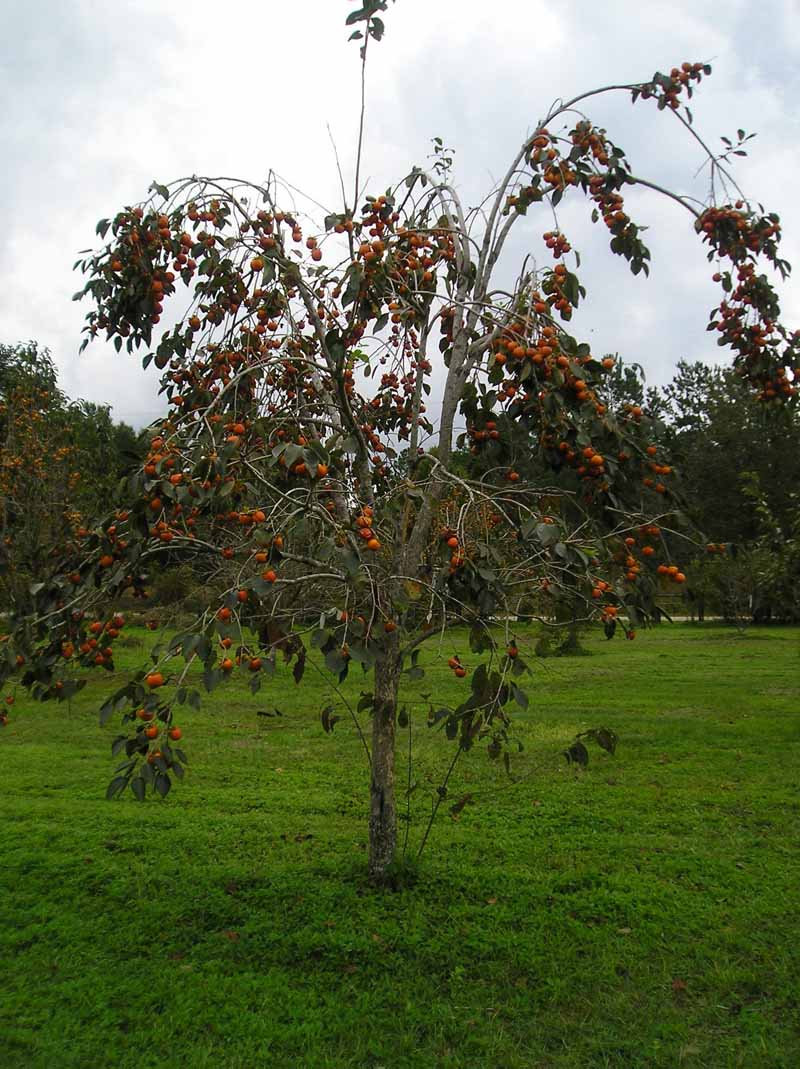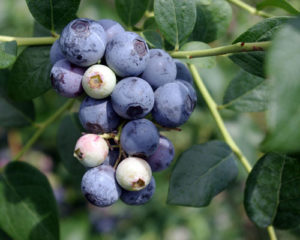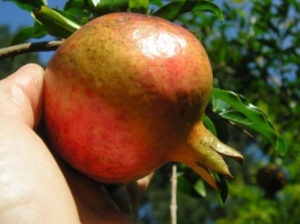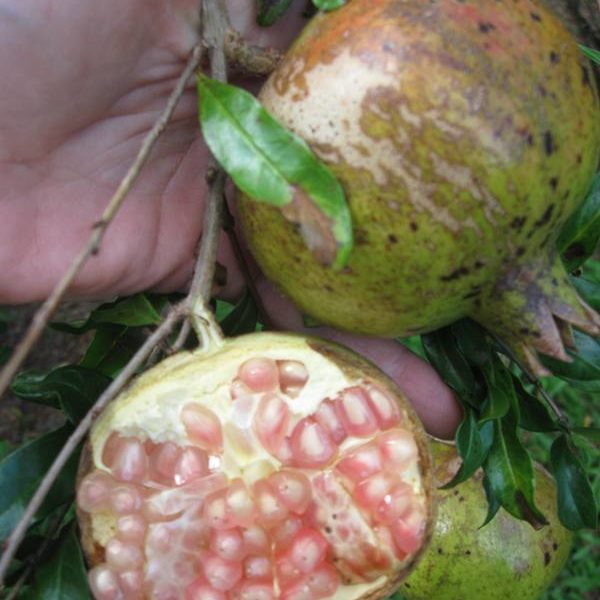[printfriendly]
Growing Fresh Fruit at Home is Not Difficult
Growing your own fruit allows you to provide for you and your family one of life’s true pleasures. Few people in modern society have any notion of what a fresh, tree ripened fruit tastes like.
Most produce that comes into today’s grocery stores is bred for ship-ability and shelf life. They’re picked long before they’re ripe, and handled and processed many times before they reach your table. Unless you have access to local farmers, or farm markets, chances are you are missing out on the pleasure of fruit with flavor. Another advantage of home grown fruit is that you can control the amount and types of chemicals used on your food.

It’s not difficult to grow delicious fruit, nuts, and berries. Every yard or small city lot has a little space to grow a tree or two of your favorite fruit. Most fruit trees are very ornamental, beautiful in flower, fruit and fall color. Using them in place of common specimens such as dogwoods or redbud, creates a unique and rewarding focus in your landscape.
Here are some points to consider when choosing to grow fruit trees:
Site selection: Most fruits require at least four hours per day of good sun. Choose sunny spots where grass grows well.Â
Soils: Trees must be well drained; avoid boggy areas or spots where water stands after rainstorms.Â
Timing: Fall and winter are the best times to plant. Most root growth takes place during cooler weather. Of course, you can plant container grown plants at any time, just be sure to water regularly during dry periods.
With enough space and a little planning, it’s possible to have fresh fruit throughout the year. The trick is to select a wide range of fruits, and then to choose varieties of each fruit that ripen at different times. This stretches the harvest period for each type of fruit that you grow.

After years of growing fruit, attending University seminars and taste tests, testing and trialing hundreds of varieties, we’ve compiled a list of proven, sure-fire winners for North Florida.
Apples: Anna, Dorsett Golden, Tropic Sweet
Pears: Hood, Baldwin, Orient, Keiffer, Golden Boy, Sug, Pineapple, Carnes
Peaches: Florida King, Suwannee, Junegold, La Feliciana, Southern Pearl, Red Baron
Plums: Improved Methley, Byrongold, Bruce, Ruby Sweet
Nectarines: Sunfire, Sungold
Pecans: Moreland, Sumner, Elliott, Curtis
Chestnut: Dunstan Hybrid
Blueberries: Climax, Austin, Bluebelle, Bluegem, Dixie, Premier, Tifblue, Centurion, Powder Blue
Black Berries: Arapaho, Chickasaw, Kiowa, Roseborough

Muscadine Grapes: Fry, Nesbit, Summit, Carlos, Southland, Sweet Jenny, Black Fry, Triumph
Persimmons: Saijo, Great Wall, Honan Red, King Sun, Sheng, Fuyu, Ichikikei Jiro, Hana Fuyu
Figs: Brown Turkey, Celeste, Hunt, Nero, LSU Gold, Tena, Alma, Jelly, Ventura
In addition to these familiar fruits and berries, there are some more unusual edibles that grow well in our area. These include Kiwi, Mayhaw, Jujube, Asian Pear, Quince, Pomegranate, Olive and Paw-Paw. The range of fruits we can grow here is truly immense.
So, next time you’re in the grocery story, eyeing one of those cosmetically perfect fruits that taste like plastic, reconsider. Then go home and find that little bare spot in your backyard, and plant a fruit tree.


